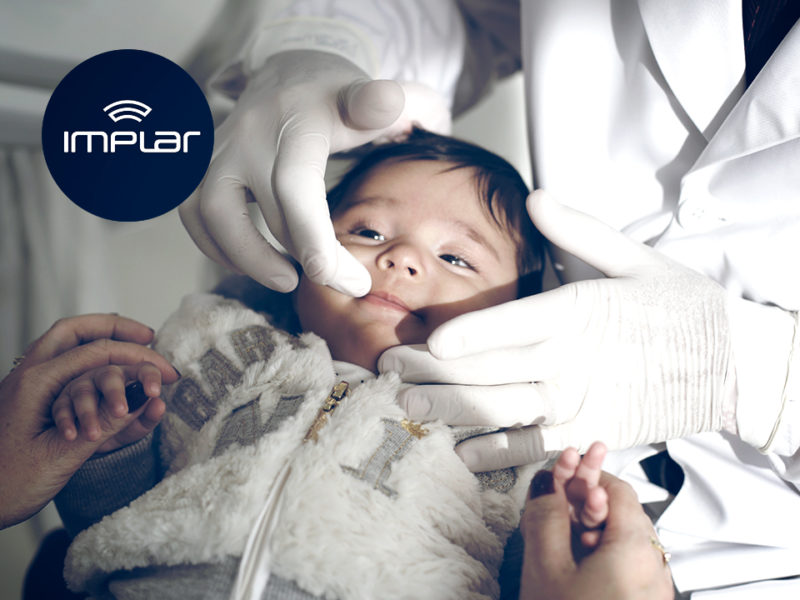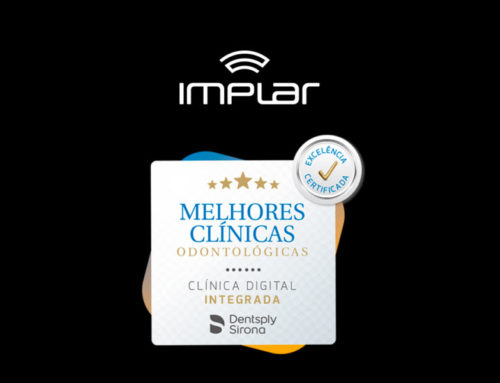IMPLAR® Pediatric Dentistry

The idea that going to the dentist is a bad experience for children, can be demystified as long as the care is performed by trained professionals who apply child care methodologies and care about the psychological well-being of the parents and the small patient.
Of course, if you have children, you have ever had to take them to the dentist. And it is common that this experience has not been of the best for several reasons, manifesting itself through the natural resistances of the child and consequently there is discomfort and anguish of the parents.
The professional in the area of pediatric dentistry has the following duties:
- to help the child and adolescent to develop behaviors and habits that lead to oral health, making them aware of this responsibility;
- to evaluate growth and development in order to detect possible deviations with repercussions on dentofacial structures;
- identify individual risk factors for major diseases of the oral cavity, and implement preventive and minimal intervention strategies;
- also, in some cases, the monitoring since the pregnancy.
- advice on the correct brushing of the child’s teeth; to solve doubts about the exchange of milk teeth;
At IMPLAR Day Hospital we aim to provide great experiences for all patients and with children, it is no different. Love, affection, and that special “way” of dealing with children is also our responsibility. We also pay attention to parents, who can often be anxious or worried that they have been traumatized by taking their child to the dentist. Therefore, before starting care, the parents are prepared, they become aware of everything that will happen and soon, they transmit more safety for their children collaborating with the work of the dentist.
There are some techniques that are mentioned in the literature and that we use to serve our children. The first is distraction, in which we tell stories, sing or play games in the moments that precede the service. This activity is usually conducted by the dentist’s assistant responsible for the care. Another very effective technique is to use positive reinforcement, praising and rewarding the child for good behavior. And finally, the “tell, show and do” technique, in which the dentist presents the office and the instruments that will be used during the care through a simple language that the child can understand, so that it becomes familiar with the environment, losing fear during the process.
After a well-conducted consultation, the risk of this child becoming an adult traumatized with dentists is much lower. And your childhood, adolescence, and maturity will be free of cavities and other diseases that may stem from lack of care with oral health.





